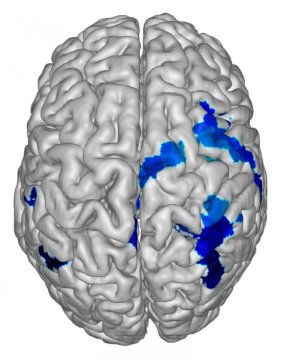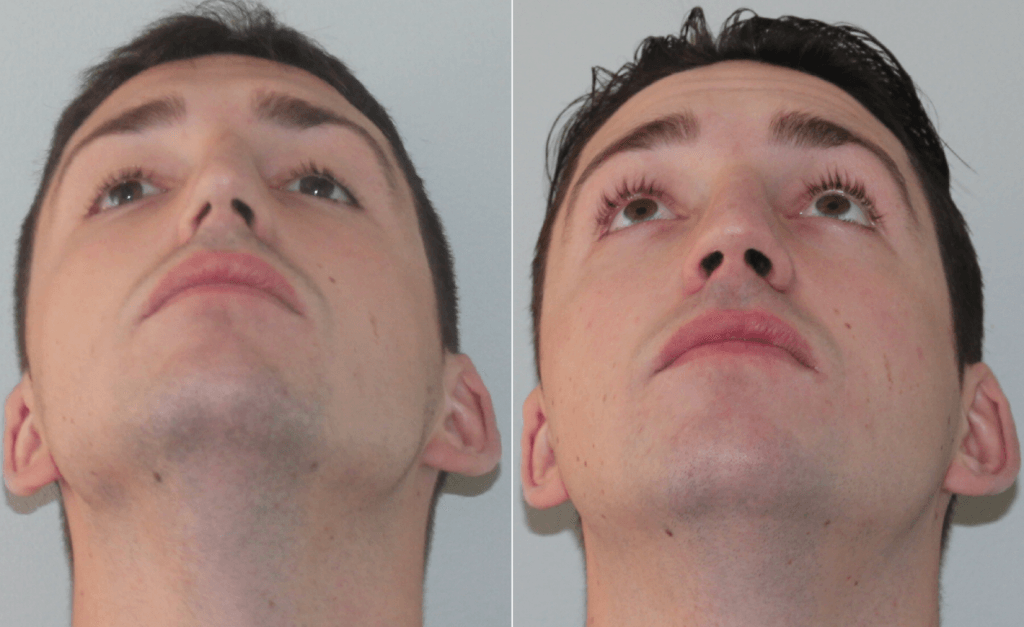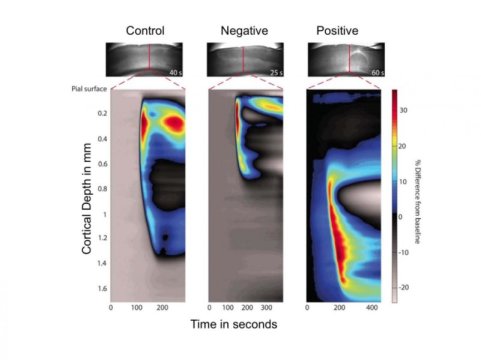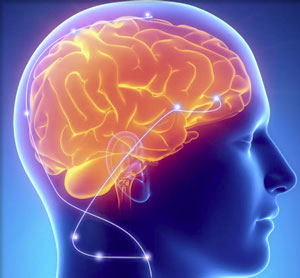In a study of healthy volunteers, National Institutes of Health researchers found that our brains may solidify the memories of new skills we just practiced a few seconds earlier by taking a short rest. The results highlight the critically important role rest may play in learning. “Everyone thinks you need to ‘practice, practice, practice’ when learning something new. Instead, we found that resting, early and often, may be just as critical to learning as practice,” said Leonardo G. Cohen, M.D., Ph.D., senior investigator at NIH’s National Institute of Neurological Disorders…
Read MoreCategory: Brain
Functional nasal surgery relieves chronic headache for some patients
Nasal surgery to relieve obstructed breathing can reduce or eliminate chronic headaches in selected patients, reports a paper in the December issue of Plastic and Reconstructive Surgery®. Eighty-five percent of patients undergoing functional nasal surgery had at least partial improvement in their headaches, according to a research summary and update by Ahmed M. Afifi, MD, and colleagues of University of Wisconsin, Madison. They write, “These results suggest that the use of nasal surgery to improve headache symptoms is a viable treatment option in appropriately selected chronic headache patients.” Nasal Surgery Improves…
Read MoreWhy do women get more migraines?
Research published today reveals a potential mechanism for migraine causation which could explain why women get more migraines than men. The study, in Frontiers in Molecular Biosciences, suggests that sex hormones affect cells around the trigeminal nerve and connected blood vessels in the head, with estrogens — at their highest levels in women of reproductive age — being particularly important for sensitizing these cells to migraine triggers. The finding provides scientists with a promising new route to personalized treatments for migraine patients. “We can observe significant differences in our experimental migraine…
Read MoreYour brain with a migraine: Effect of electric currents
When migraine sufferers see the tell-tale squiggly lines, light flashes and blind spots of a migraine aura, they prepare for a migraine. When researchers see the brain image of an aura, they try to figure out what causes it and if there is a way to stop the start of the migraine. Now an international team of researchers has identified the electrical activity specific to the start of migraines and demonstrated a way to stop it in animal experiments. “Seizures and migraines are two very different states of the brain,”…
Read MoreAdvances in deep brain stimulation could lead to new treatments
A new paper published in Nature Reviews Neurology suggests that recent advances in deep brain stimulation (DBS) for Parkinson disease could lead to treatments for conditions such as obsessive-compulsive disorder (OCD), Gilles de la Tourette syndrome and depression. The authors of the paper, from the Geneva University Hospitals (HUG), University of Geneva, University of Tübingen and the Wyss Center for Bio and Neuroengineering, argue that bi-directional electrodes which can both stimulate and record from deep brain structures — known as closed-loop DBS — could have applications beyond Parkinson disease. Other bi-directional brain-computer…
Read More




